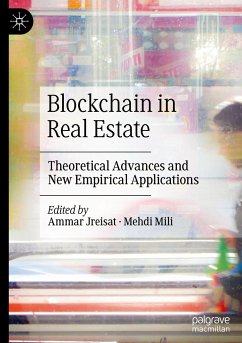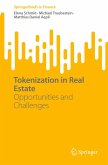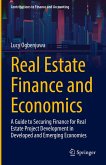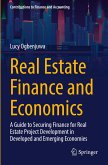This book provides an overview of the latest developments in real estate blockchain technology and its applications. It explores blockchain technologies in all industries, cryptocurrencies' effect on the payment system, money transfers and currency exchange, investment, venture capital, etc. It examines the urgent need to build trust in digital technologies as companies rethink their approach to operations. It describes how Blockchain technology can enable property or land ownership to be managed through immutable records and verifiable transaction history to register and transfer land and how it can also be used to improve the efficiency of property management through the use of smart contracts.
It explores how blockchain can upgrade the traditional Multi-Listing System (MLS) - a professional information system that combines the offers of market participants from different real estate agencies and creates a much more transparent MLS, in which brokers and agents can see the entire history of transactions in relation to property. In real estate, blockchain can help organize new forms of registries, titles, and transactions. The blocks recorded in the blockchain system certify the process of transfer of ownership and confirm money transfers and owner data. There are several regulatory and administrative challenges in implementing blockchain real estate tokenization. If and when this is implemented, it could greatly simplify and speed up the process of buying, receiving dividends, and financial benefits from owning real estate around the world.
This book explores the implications of real estate blockchain and the opportunities and challenges. It will interest scholars, researchers, and real estate, finance, and financial technology students, real estate agents, town planners, developers, real estate experts, investors, communities.
It explores how blockchain can upgrade the traditional Multi-Listing System (MLS) - a professional information system that combines the offers of market participants from different real estate agencies and creates a much more transparent MLS, in which brokers and agents can see the entire history of transactions in relation to property. In real estate, blockchain can help organize new forms of registries, titles, and transactions. The blocks recorded in the blockchain system certify the process of transfer of ownership and confirm money transfers and owner data. There are several regulatory and administrative challenges in implementing blockchain real estate tokenization. If and when this is implemented, it could greatly simplify and speed up the process of buying, receiving dividends, and financial benefits from owning real estate around the world.
This book explores the implications of real estate blockchain and the opportunities and challenges. It will interest scholars, researchers, and real estate, finance, and financial technology students, real estate agents, town planners, developers, real estate experts, investors, communities.








